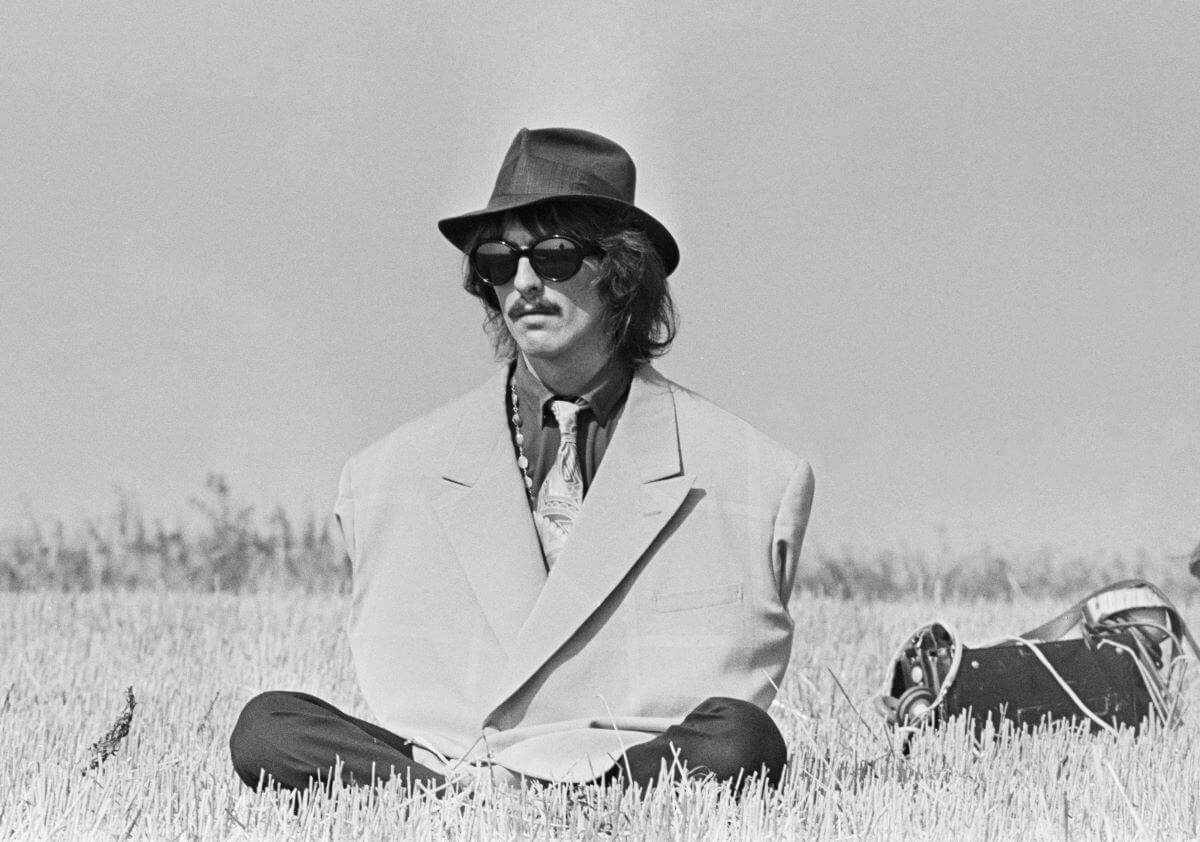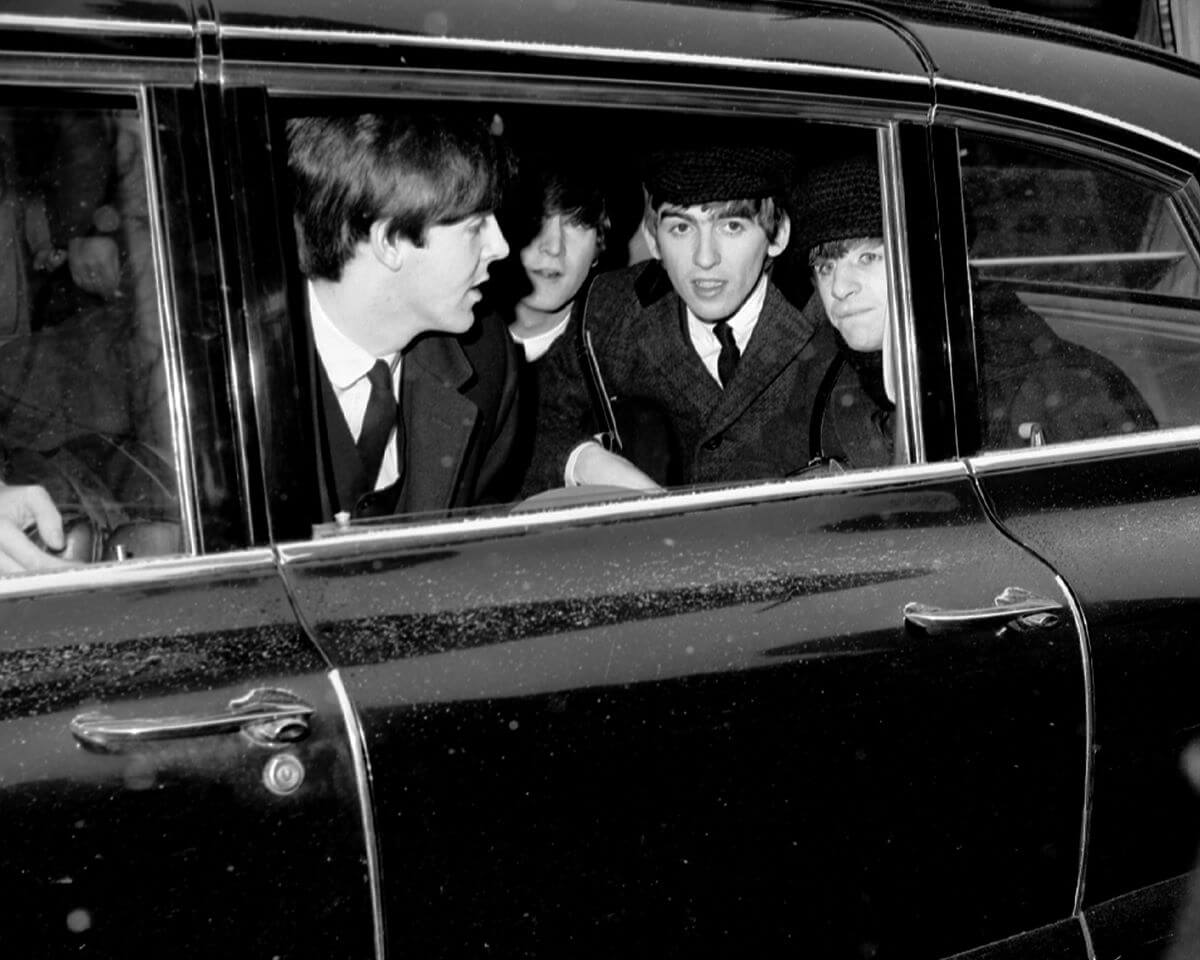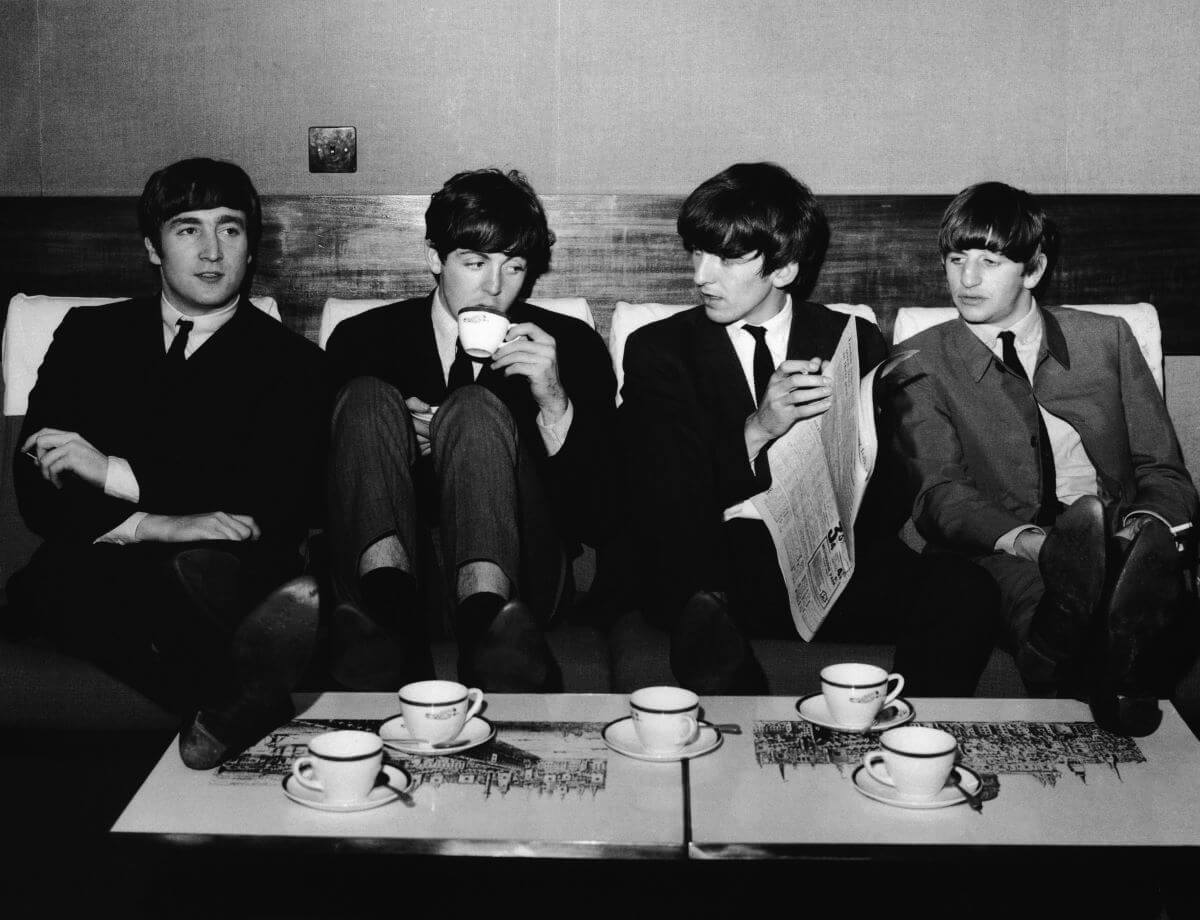
George Harrison Would Have Given ‘Anything’ to Get Out of the ‘Cozy Rut’ of The Beatles
When The Beatles officially broke up in 1969, George Harrison breathed a sigh of relief. He had grown tired of the band and had even briefly quit. While he acknowledged that being in the band had some benefits, he saw it as a rut. He said that by the end of the 1960s, he would have done anything to get out of the band.
George Harrison was ready to leave The Beatles
When Harrison became more interested in writing songs, his frustration with The Beatles began to mount. Paul McCartney and John Lennon were the band’s primary songwriters, and they didn’t seem to want this to change. They pushed back on Harrison’s contributions and valued their work over his. As a result, he saw the band’s breakup as a chance to grow creatively.
“My feeling when we went our separate ways was to enjoy the space that it gave me, the space to be able to think at my own speed and to have some musicians in the studio who would accompany me on my songs,” Harrison said in The Beatles Anthology. “It sounds strange, because most people would like to be in The Beatles, or at that time it looked like such a great thing to be in. And it was. But it was also a great thing to get out of — just as when you grow up and leave home and spread your wings.”

He explained that being in the band was “limiting” for him. He wanted to exist away from the complicated band dynamic.
“There was a feeling that it was a big step to decide to leave the group, but at the same time there was so much pressure that the downside was much bigger than the upside,” he explained. “The upside was that The Beatles were so famous and it was a cozy rut to be in. But it was so negative at that point that I would have given anything to get out.”
George Harrison had tired of fame long before The Beatles broke up
Harrison’s problems with McCartney and, to a lesser extent, Lennon, led him to want to quit The Beatles. Even before the group’s dynamic grew icy, though, he had tired of his role in the band. Their level of fame was too immense. Harrison said he felt an overwhelming sense of relief when they stopped touring and drifted apart.
“There was a sense of relief after that, getting home,” he told Rolling Stone in 1987. “Then we spent what seemed like fifty years going in and out of each other’s houses, writing tunes and going into the studio for Sgt. Pepper and the White Album. But for me, I think for all of us, it was just too much. The novelty had worn off. Everybody was growing up. Everybody was getting married and leaving home, in effect. I think it was inevitable, really.”
Paul McCartney and Ringo Starr did not feel as good about the split
Lennon and Harrison felt excited about the breakup, but McCartney and Ringo Starr did not. McCartney began to worry that he had no worth without the band.
“I spent a lot of time up in Scotland where I have a farm. I normally go for holidays, but I began what was to be a whole year up there, just trying to figure out what I was going to do, and that was probably when it was most upsetting,” he said, adding, “I really got the feeling of being redundant. People say, ‘But you still had your money, it wasn’t exactly redundancy. It’s not like being a miner who’s laid off.’ But to me it was. Because it wasn’t about money, it was about self-worth. I just suddenly felt I wasn’t worth anything if I wasn’t in The Beatles.”

Starr said the breakup angered him. He spent years feeling upset and resentful about it and tried to tamp down these feelings with alcohol.
“I was mad,” he said, per the New York Daily News. “For 20 years. I had breaks in between of not being.”


